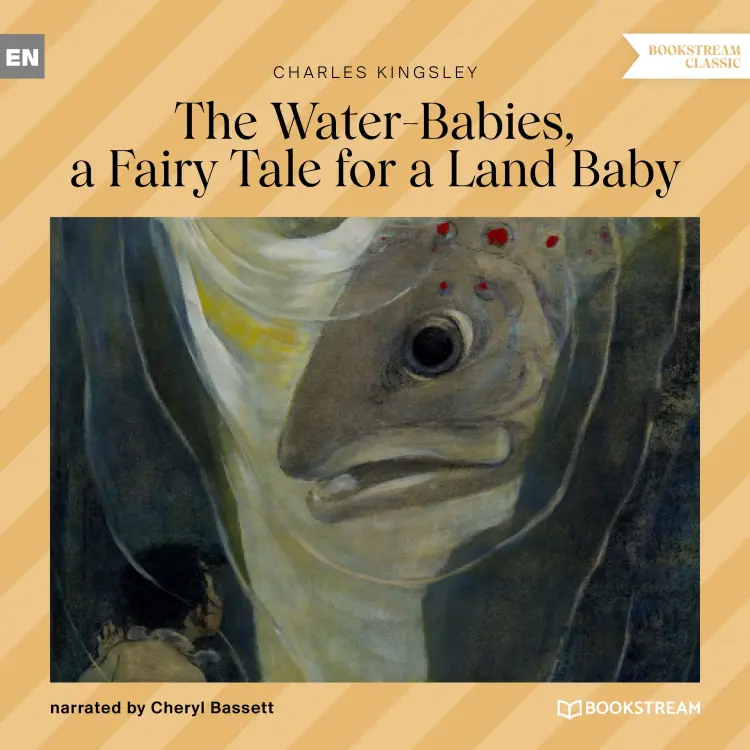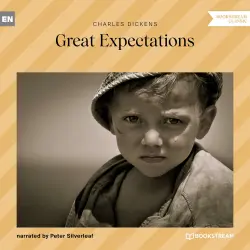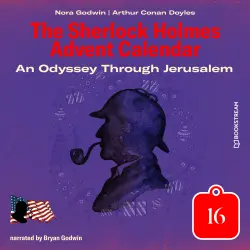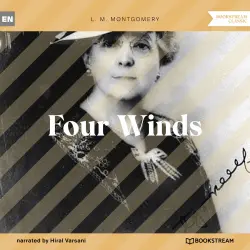
The Water-Babies, a Fairy Tale for a Land Baby
Charles Kingsley
Unabridged
8 horas 10 minutos
Nota: La reproducción de los audiolibros o de las obras de audio en las respectivas plataformas, por ejemplo Spotify, puede generar gastos. Lismio no tiene ninguna influencia sobre qué audiolibros y obras de audio están disponibles en el servicio.
Algunos artículos contienen enlaces de afiliados (marcados con un asterisco *). Si hace clic en estos enlaces y compra productos, recibiremos una pequeña comisión sin coste adicional para usted. Su apoyo ayuda a mantener este sitio en funcionamiento y a seguir creando contenidos útiles. Gracias por su apoyo.
De la editorial
The Water-Babies, A Fairy Tale for a Land Baby is a children's novel by Charles Kingsley. Written in 1862-63 as a serial for Macmillan's Magazine, it was first published in its entirety in 1863. It was written as part satire in support of Charles Darwin's The Origin of Species. The book was extremely popular in England, and was a mainstay of British children's literature for many decades, but eventually fell out of favour in part due to its prejudices (common at the time) against Irish, Jews, Catholics and Americans.
The protagonist is Tom, a young chimney sweep, who falls into a river after encountering an upper-class girl named Ellie and being chased out of her house. There he appears to drown and is transformed into a "water-baby", as he is told by a caddisfly - an insect that sheds its skin-and begins his moral education. The story is thematically concerned with Christian redemption, though Kingsley also uses the book to argue that England treats its poor badly, and to question child labour, among other themes.
The protagonist is Tom, a young chimney sweep, who falls into a river after encountering an upper-class girl named Ellie and being chased out of her house. There he appears to drown and is transformed into a "water-baby", as he is told by a caddisfly - an insect that sheds its skin-and begins his moral education. The story is thematically concerned with Christian redemption, though Kingsley also uses the book to argue that England treats its poor badly, and to question child labour, among other themes.








